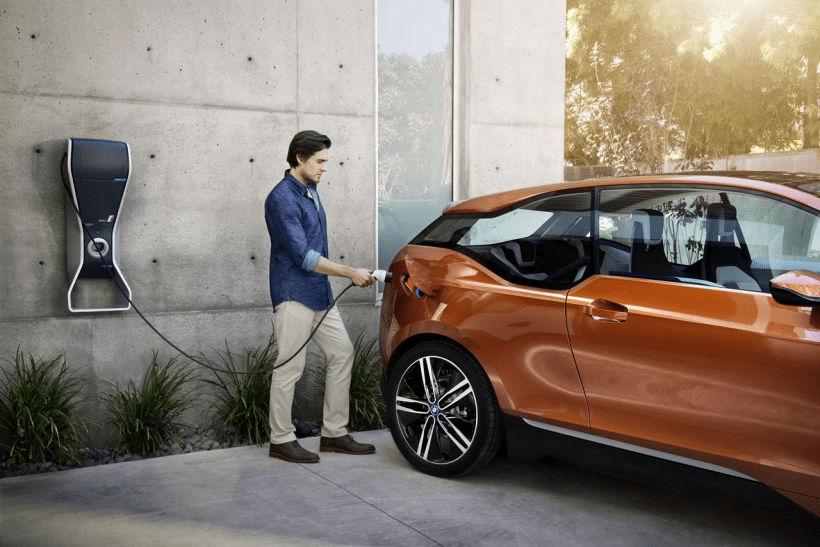Hybrid Cars Are A Bit Different Than Many Realize
With hybrid vehicles, this tends to happen: people assume they’re just the same as electric vehicles. They’re not. While there is an electric component in hybridized vehicles, there is also a fossil fuel component. It’s a marriage between the two modes of energy. It’s a “hybrid”.
In this writing, we’re briefly going to explore a few misconceptions about hybrid vehicles to help you be more informed as a vehicle buyer. You may be surprised at what you learn. So without further introduction, the following are several key pieces of information that challenge common misconceptions about hybrid vehicles.
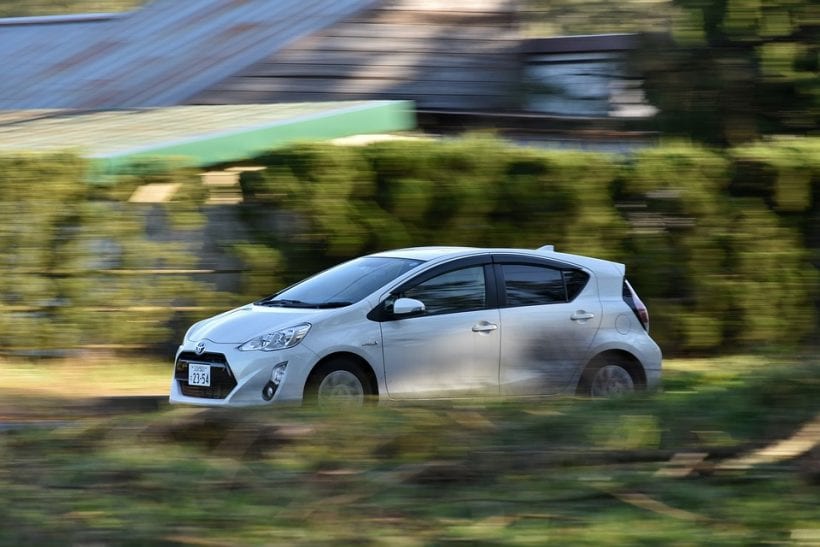
1. Hybrid Cars Are Not Completely New
The Toyota Prius came out 24 hears ago, in 1997. For many reading this, that will raise eyebrows—1997 doesn’t seem like that long ago. But there are adults driving around today who weren’t even alive when the Prius hit the market. This was the first “mainstream” hybrid, and so the technology has had over two decades to become streamlined.
Accordingly, modern hybrids are in a place where they have functionality, affordability, and familiarity throughout the market. This means that they’re a lot more reliable than many realize. In fact, some people have driven or purchased hybrids without realizing they had done so until they had to get some maintenance done, or some unique issue cropped up.
A lot of rental cars these days are hybrids, and when you’re exploring used car lots in 2024, you’ll find affordable hybrid options. Here’s a Kelley Blue Book list of ten hybrid cars that, used, are worth $10k or less.
2. Hybrid Cars Are More Eco-Friendly Than Full Electric Cars
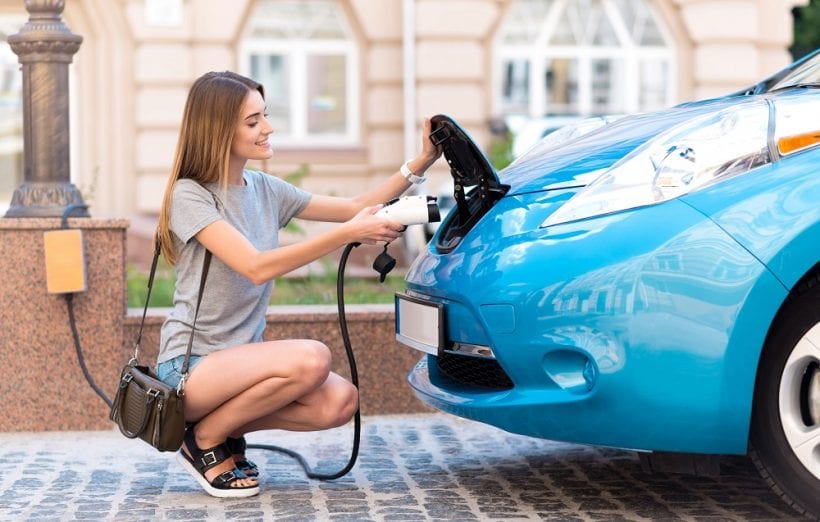
The infrastructure for totally electric vehicles doesn’t exist yet. If you’re plugging in somewhere that isn’t “home”, or a charging station, you’ll have to wait for hours to get the battery recharged. The infrastructure to overcome this doesn’t exist yet, and lithium mines have a huge carbon footprint.
As yet, energy-producing solutions of the “sustainable” variety are not at a level that’s more sustainable than traditional solutions like coal. Many coal plants process the coal so that only steam comes out of the “smokestack”. This is the case with Wyodak in Wyoming and many other similar plants.
Right now, that’s cleaner than a purely electric solution, as presently even with fully electric vehicles, it’s necessary to rely on traditional power grid solutions. So the “buck” is just being “passed”, essentially. Meanwhile, hybrids combine electricity charged by the vehicle’s engine running on fossil fuels, reducing fuel dependence.
Altogether, hybrid cars do more for the environment than electric vehicles. That seems strange, but it’s presently the case. Until electrical technology in vehicles passes a few thresholds, it’s not going to be as environmentally friendly as advertised. Electric cars increase electricity demand but don’t change non-vehicular electricity production.
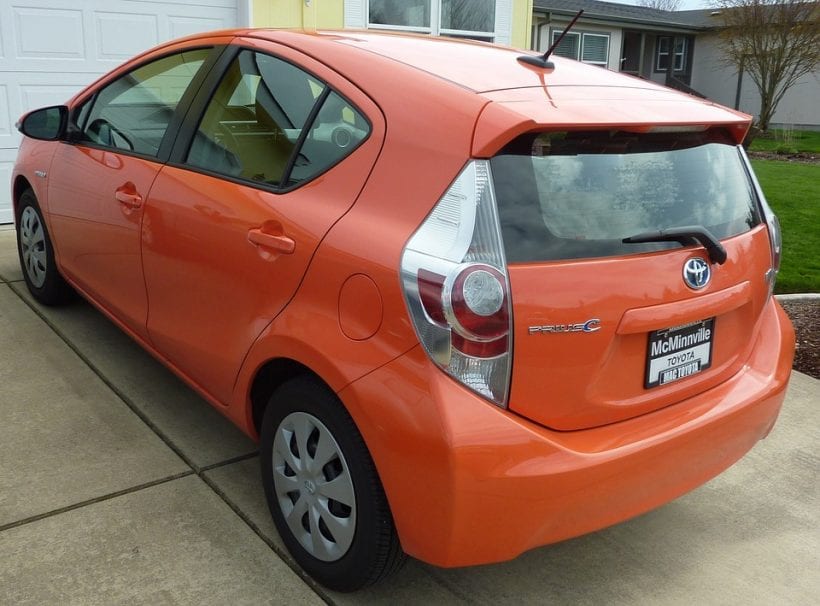
3. Hybrid Cars Don’t Have To Be Plugged In
A lot of people make the mistake of assuming hybrid vehicles must be plugged in. This isn’t the case. What’s going on is that the gasoline motor charges electric batteries, allowing them to take some of the “load” from the gas tank. You get more mileage, the environment is preserved, gas costs are reduced. It’s a cumulative win-win that doesn’t require any plugs.https://pixabay.com/photos/bmw-car-automobile-vehicle-322691/
4. Traditional Services Are Available For Hybrids
If you need a windshield for your hybrid car, you can go to a site like glass.net and find just the glass that you need. Many oil changes and other traditional services are also available for hybrid cars; it’s just a matter of going to the mechanic or scheduling your visit.
While there are functions of hybrids that differ from normal vehicles, many traditional maintenance best practices will ultimately remain the same. This means you’re not going to have to spend an arm and a leg with some specialized mechanic that isn’t local to your area. Essentially, hybrid vehicles just “economize” fuel through their hybridization tech.

5. Hybrid Vehicles Are Not Harder To Drive Than Other Cars
Hybrid cars drive like any other vehicle. In fact, for the most part, they tend to be a lot more smooth and refined. They’ve been engineered with modern best practices in mind. The big issue with hybrids in terms of operational difficulty will involve something that non-hybrid vehicles must contend with as well.
Since the eighties, engine computers have defined how vehicles manage fuel and internal components. By the early 2000s, internal vehicular computers became much more sophisticated. It’s getting to the point where even the replacement of minor components requires going to a top-tier mechanic.
This affects all modern vehicles in surprising ways. For example, on a GMC pickup built in the last ten years or so, if you have a headlight go out, you probably won’t be able to change it yourself. You’ll need to take it to a dealer so they can disassemble key components of the engine to get at the light, replace it, then put everything back together.
That issue plagues all modern vehicles, not just hybrids. There is such a thing as “over-engineering”. This will be what you want to watch out for on any new acquisition. But in terms of driving, hybrid vehicles are just like any other car. Some of them are a lot more smooth. So that’s not something you need to worry about.
6. Hybrid Car Mileage Enhancement Is Notable
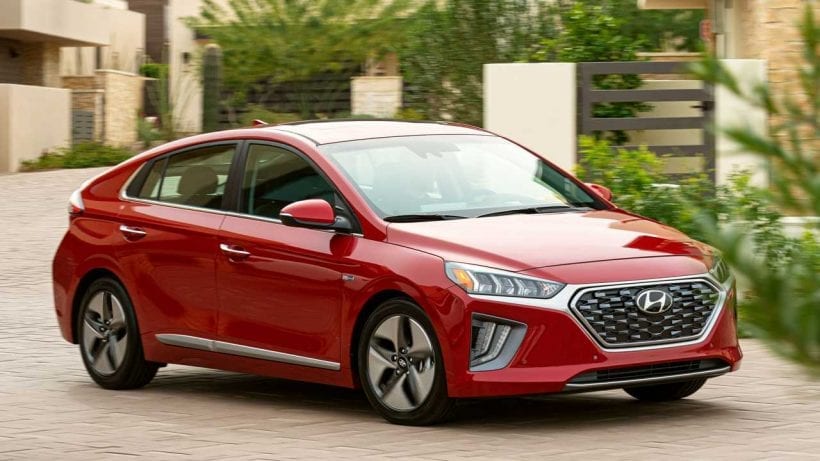
So a hybrid car will get three to four times the mileage of a regular vehicle, and that alone can recommend acquiring one. This isn’t a myth. So say your vehicle commonly gets 15 miles per gallon. A hybrid will get 45 to 60 miles per gallon. That’s notable. At twenty gallons, a fill-up for $3 per gallon would be $60. A non-hybrid would get 300 miles for $60.
A hybrid would get 900 to 1200 miles. So that’s going to save a lot of money over the long term, and maybe the sole selling factor in purchasing a hybrid.
For 200,000 miles at 900 miles per 20-gallon tank, you’re looking at $13,333.33 in fuel (averaging $3 per gallon). For a non-hybrid, that comes out to $40,000 even. Picking up a hybrid for $10k can save you thousands of dollars over a cheaper non-hybrid.
Looking Past The Myths To Choose The Best Deal
Ultimately, whether or not a hybrid is the right choice for you will depend on your budget and your preferences.
Still, with hybrids, you’ll save a lot of money on gas, driving isn’t any more difficult, traditional services apply, hybrids don’t have to be plugged in, ultimately hybrid cars are more eco-friendly than fully electric vehicles, and they’re not new; so there’s an available infrastructure to work on them.

